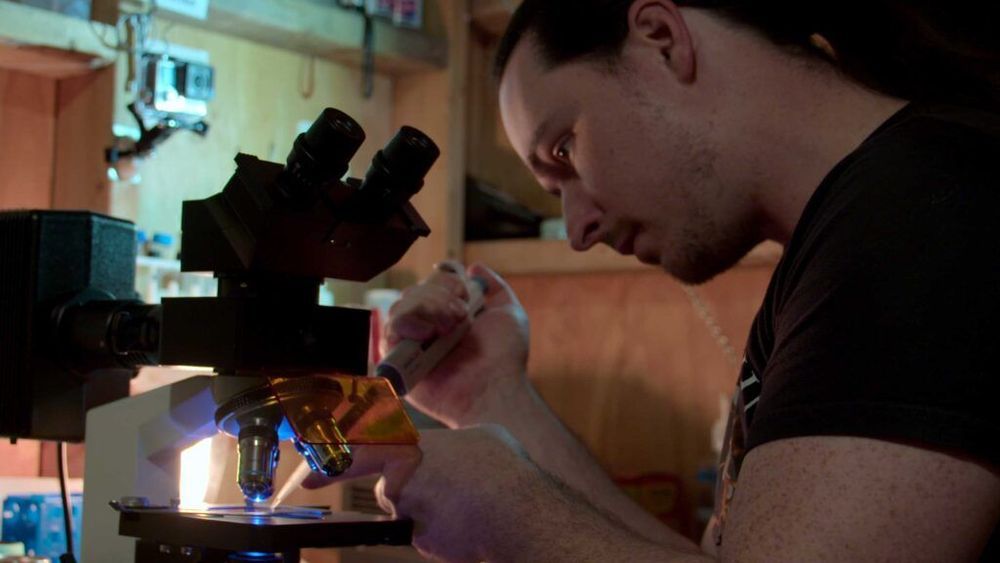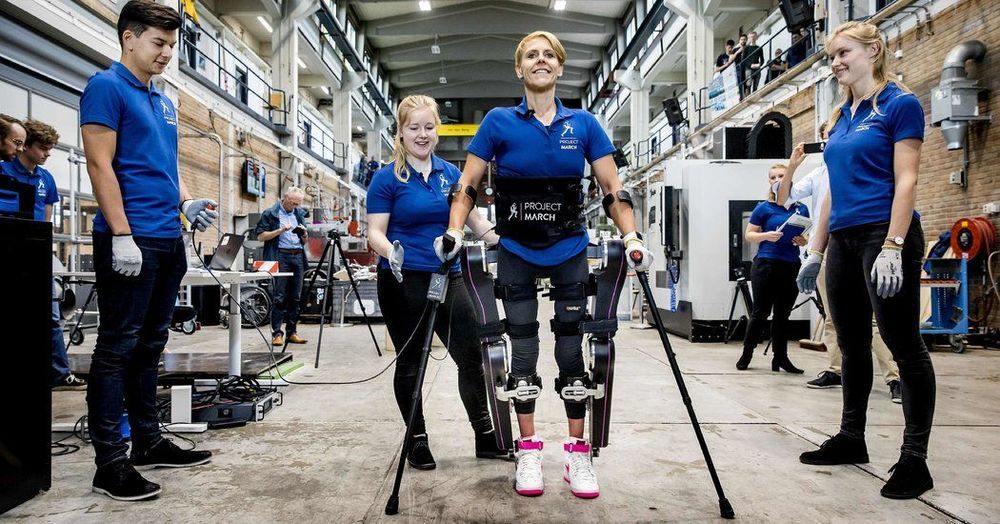I’m excited to share my new article for The New York Times on the brave new world of #cyborg ability and coming #transhumanism sports:
I wonder whether the sporting industry might create some new competitions where — just like technology — performance-enhancing drugs are encouraged. Innovations like the new oxygen-infused injection, which might one day allow humans to hold their breath for 15 to 30 minutes, could allow competitive free divers to reach new depths, showing just how far the human body can go.
Critics will complain that the human body was not designed to compete using enhancements and that it violates the code given to us by the ancient Greeks and their first Olympics Games, where “arête,” or excellence and moral virtue, was cherished. As a longtime competitive athlete, I appreciate the sportsmanship angle; but I also think that in the 21st century we can develop both the drugs and the technology to see humans compete in new sporting events that are even more exciting than their predecessors.
It’s hard to imagine the public wouldn’t want to see swimmers with fingers surgically webbed together to act like paddles, or weight lifters using short-lasting adrenaline shots, or 150-mile-per-hour baseball pitches thrown from bionic limbs.
Drugs and performance-enhancing technology would not have to challenge any existing sporting competitions and their cultures. It would simply be a new category of sports with different athletes. And like the Cybathlon, these types of competition do more than just entertain — they lead the way forward for the medical and transhumanist industries seeking to improve the human being. Competitions would be pilgrimages for medical professionals and entrepreneurs looking to buy and possibly mass produce the latest unique technologies.





